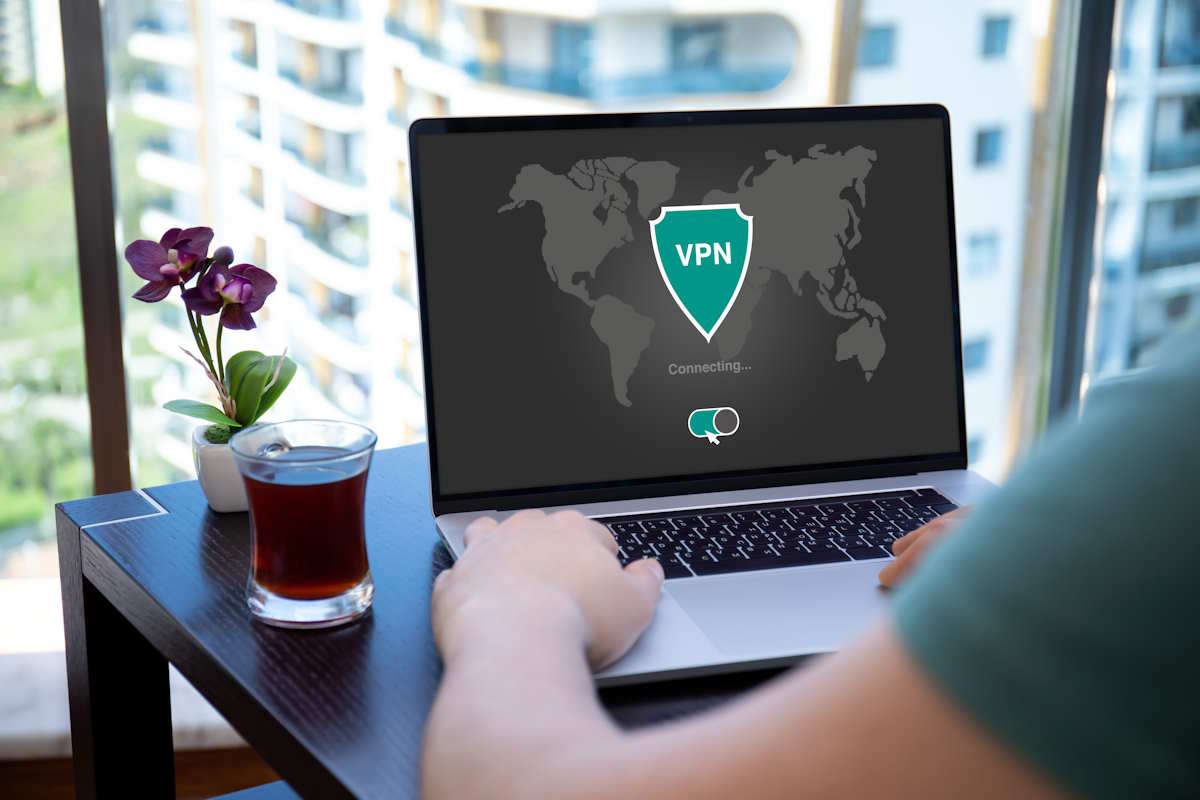Choosing the right VPN service (VPN.RENT) involves careful consideration of many factors, including security, privacy, speed, ease of use, and cost. Continue reading →
When selecting a VPN service, the array of choices can be overwhelming. This article guides you through the essential considerations to keep in mind, starting with a fundamental question: What protocol does OpenVPN use? Understanding this and other critical aspects will help you make an informed decision.


OpenVPN is one of the most popular VPN protocols in the industry, known for its balance of security and performance. It utilizes SSL/TLS for key exchange and is capable of traversing firewalls and proxy servers. OpenVPN allows peers to authenticate each other using pre-shared keys, certificates, or username/password combinations. Its flexibility in authentication methods makes it a robust choice for a secure VPN.
Security is the cornerstone of a reliable VPN service. Evaluate what security protocols are offered by the VPN provider. Besides OpenVPN, look for support for protocols like IKEv2/IPsec and WireGuard, which offer advanced encryption standards and faster speeds.
The strength of encryption determines how well your data is protected. A VPN that offers AES-256 encryption—the same standard used by the U.S. government—ensures top-notch security.
Understand the VPN provider’s logging policy. A strict no-logs policy means that your online activities, such as browsing history, data content, and connection times, are not recorded, further enhancing your privacy.
The performance of a VPN can significantly affect your internet experience. Factors affecting speed include the server location, server load, and the VPN protocol used. Providers with a broad range of servers globally usually offer better speed and reliability.
A user-friendly interface is crucial, especially for those new to VPNs. Look for services that offer easy-to-navigate apps for multiple devices.
VPN services vary widely in price. Assess whether the features provided justify the cost. Most providers offer different plans, including monthly subscriptions and longer-term options at a discount.
Reliable customer support is essential. Ensure that the VPN provider offers multiple support channels such as live chat, email, and a comprehensive FAQ section.
To help you understand the differences between various VPN protocols, the following table outlines the most commonly used ones, including OpenVPN:
| Protocol | Security Level | Speed | Best Used For |
|---|---|---|---|
| OpenVPN | High | Medium | Security and flexibility |
| IKEv2/IPsec | High | High | Mobile devices |
| WireGuard | High | Very High | All devices, best speed and security |
| SSTP | High | Medium | Bypassing firewalls |
Choosing the right VPN service (VPN.RENT) involves careful consideration of many factors, including security, privacy, speed, ease of use, and cost. By understanding the basics, such as what protocol OpenVPN uses and what makes for strong encryption, you can better navigate the sea of VPN options to find the best vpn service that meets your needs.
Kansas City entrepreneurs partnering with ThrottleNet gain more than just technical support—they receive a strategic…
California is making strides in solar panel recycling, a vital part of its wider environmental…
Content owners may more successfully negotiate this complicated situation by following these crucial rules, putting…
Moving to direct bookings isn't just about cutting out the middleman—it's about taking control of…
Archiving is not just a checkbox—it’s an operational habit. By combining standard file formats with…
Investing in robust remote support solutions becomes essential for enduring success. Businesses that prioritize these…